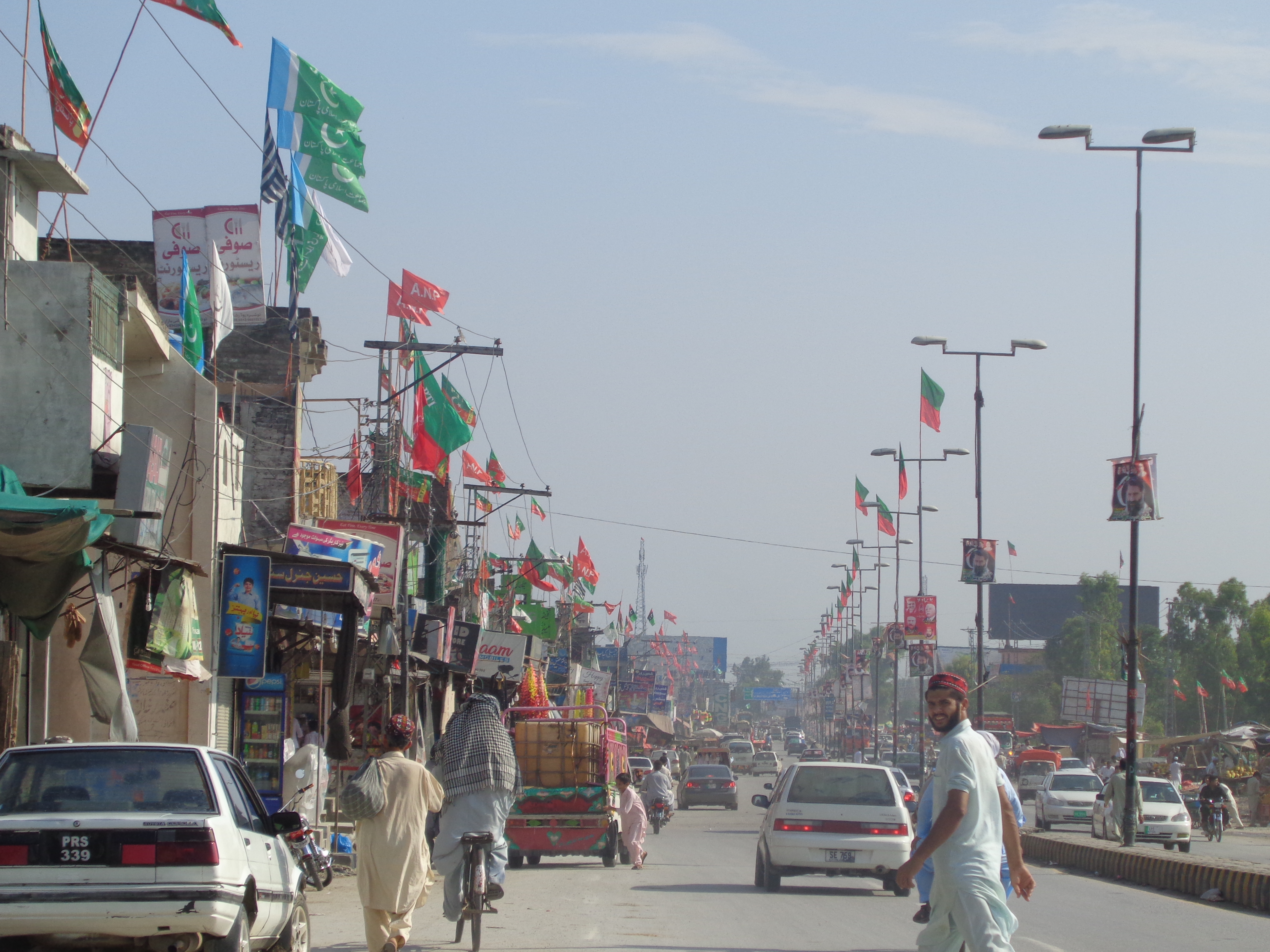Pakistan’s Vote - a Loud and Clear Message that People Want Democracy at Any Cost

Jul 30 (IPS) - Voters in Pakistan's general election outrightly rejected political parties with extremism records and candidates linked to banned terrorist groups, opting instead to back liberal forces in a support for peace.
"None of the parties related to terrorism won any of the 272 national assembly seats as the people don't want to empower them to legislate," analyst Muhammad Junaid told IPS.
On Saturday, Jul. 28, electoral officials announced that Pakistani cricket star Imran Khan's Pakistan Tehreek-e-Insaf or PTI (Move for Justice party) won 115 of the 272 contested seats in the National Assembly. The former ruling party, the Pakistan Muslim League (Nawaz), won 64 seats and Pakistan People's Party won 43. Other seats went to smaller parties and independents, with militant parties losing badly.
Junaid, who teaches political science at the University of Peshawar, said that Pakistan has suffered a great deal because of terrorism and people had clearly rejected terrorist-linked groups in the polls.
Political party Allah-o-Akbar Tehreek supported extremist candidates allegedly linked to the mastermind of the 2008 Mumbai attack that killed 108 people, Hafiz Muhammad Saeed. Saeed is head of Jamaat-ud-Dawa (JuD), one of the largest terrorist organisations in South Asia.
However, the party was rejected by voters across the country as it failed to win a single seat in the national assembly.
Saeed's son, Talha Saeed, contested the elections from Punjab province, but lost. Saeed's son-in-law, Khalid Waleed, faced a similar fate. The Election Commission of Pakistan (ECP) results show that the party's candidates received just 171,441 votes, just a drop in the ocean when compared with the more than 49 million votes that were cast.
Tehreek-i-Labaik Pakistan (TLP), another party with a clear sectarian mindset, had fielded more than 150 candidates contesting the National Assembly seats and hundreds more who contested provincial assembly seats. The party received just over two million votes and just two of its candidates were elected to the Sindh provincial assembly, the ECP results showed. Sindh is one of Pakistan's four provinces.
People also rejected candidates from Jamiat Ulemai Islam Sami for the party's connection with the terrorist group Tehreek Taliban Pakistan (TTP). The party's leader, Maulana Samiul Haq, is known as the father of the Taliban and his seminary Darul Uloom Haqqania is referred to as the "University of Jihadists".
Pakistan faced a great deal of criticism from both the international and local media, human rights groups as well as political leaders for having hundreds of individuals with clear links to extremists openly campaigning in the election.
In June, the global watchdog Financial Action Task Force placed Pakistan on its terrorism financing watchlist. The call for Pakistan to be placed on the list was led by the United States in a move to pressure the country to close financing loopholes for terrorist groups. The U.S. has previously accused Pakistan of providing a savehaven for terrorists.
The country itself, however, has not been immune to terror attacks.
On Jul. 10, Haroon Bilour, a candidate from the Awami National Party, was killed in Peshawar along with 30 others. The terrorist group TTP claimed reasonability for the attack. Two days later, a candidate from PTI was killed in a separate act.
On Jul. 13, candidate Siraj Raisani, along with 130 others, was killed in a suicide attack in Balochistan, one of the Pakistan's four provinces. On election day the province was scene to another suicide attack, which killed 30 people.
However, the deadly attacks failed to deter people as they formed long queues at polling stations to cast their votes. Some 55 percent of Pakistan's registered 100 million voters turned out at the polls – the highest ever turnout in Pakistan's history.
Junaid said militants wanted to advance their own agenda and rule people through the use of force and fear and not democracy.
In Khan's victory speech he continued to condemn terrorism and vowed to establish peace in the region. "We want a better relationship with neighbouring countries, India, Iran and Afghanistan as well as China and the U.S. to have peace in the region," he said.
Pakistan's army deputed 350,000 soldiers to guard polling stations on election day and publically declared their support for democracy.
"Militants want to create anarchy in our country, but the nation is united against militancy. Our military and civil leadership are on the same page and determined to continue the war against terror till its logical end," military spokesman Major General Asif Ghafoor said.
Analyst Khadim Hussain said that it was indicative of people's hate for terrorism that they took part in a "high-decibel campaign" for the national polls to defeat terrorism.
"Long queues were seen outside the polling booths. People remained vibrant and upbeat, which was a signal that they wanted democracy and rejected terrorism in all its forms and manifestations," he said.
Despite incidents of terrorism, the mood was extremely upbeat, and towns and villages were adorned with party flags and banners calling on people to vote for respective candidates, he said. The message was loud and clear that people wanted democracy at any cost, Hussain said.
Foreign observers declared the election free, fair and transparent.
"A number of violent attacks, targeting political parties, party leaders, candidates and election officials, affected the campaign environment," the European Union's election observation mission chief Michael Gahler, told a news conference Jul. 27.
Most interlocutors acknowledged a systematic effort to undermine the former ruling party, Pakistan Muslim League (Nawaz), through cases of corruption, contempt of court and terrorist charges against its leaders and candidates, he added.
Religious parties contesting the polls also fared poorly.
© Inter Press Service (2018) — All Rights Reserved. Original source: Inter Press Service
 Global Issues
Global Issues